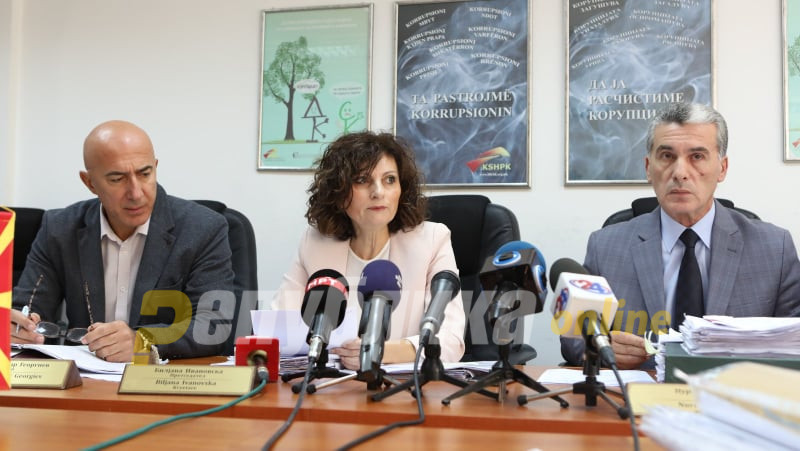The State Commission for the Prevention of Corruption does not have any influence over institutions and officials; it can only voice its concern about EU-flagged laws passed in a fast-track procedure and possible political corruption, commission member Nuri Bajrami said in response to a question about the anti-corruption commission’s review of the Bechtel and Enka Corridor 8 and 10d construction agreement.
At the commission’s online session Thursday, member Katica Nikolovska said they were working on the investigation, which she said was complex and required a lot of time and resources. For instance, she said, they had trouble obtaining the agreement in its entirety. They had access to only parts of it, she noted. She also voiced her fears of potential corruption being legalized.
According to commission member Goran Trpenovski, political corruption had turned into legal corruption, then into systemic corruption, but unfortunately, he said, the anti-corruption commission could not do anything else except draw attention to these issues.
Member Shemsi Salai, on the other hand, said although the fast-tracked laws passed to speed up the Corridors 8 and 10d construction had a high risk of corruption, the country needed better road infrastructure.
“Thirty years have passed since the independence of the country and we still have no roads, which is very bad for development. With roads like these and low infrastructure development in general, the economy cannot progress,” Salai said.
“We should let these projects proceed to the end while following them with our eyes 100% open, and if there is corruption, take action,” he added





Comments are closed for this post.